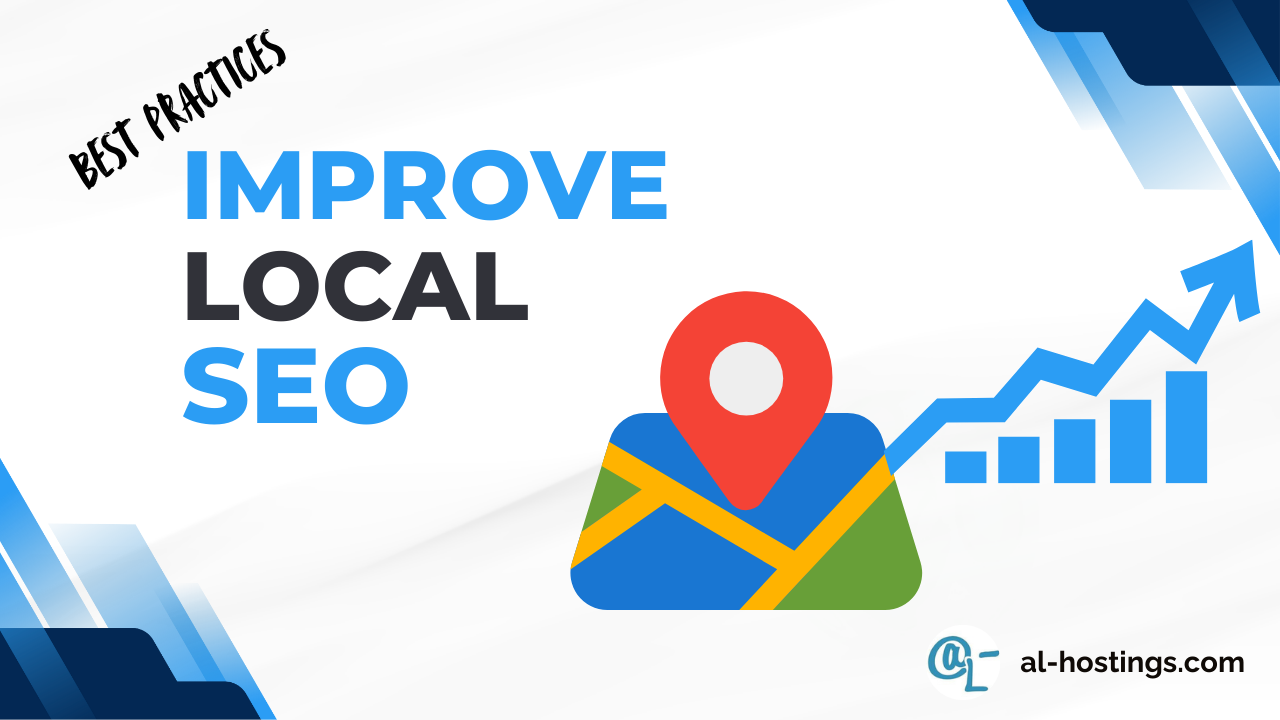Local SEO is a fundamental strategy for businesses looking to attract customers in a specific location. If you have a physical business or provide services in a specific region, optimizing your online presence can make the difference between being found by potential customers and being forgotten digitally. In this article, I share best practices for improving local SEO and standing out in search results.
What is Local SEO and why is it important?
Local SEO focuses on optimizing your business’s visibility in geolocalized searches, that is, those in which users search for services or products in a specific location.
Example: If you own a coffee shop in Barcelona, you want to appear in the results when someone searches for “coffee shop in Barcelona.”
Benefits of Local SEO:
- Greater visibility in your geographic area.
- Increased traffic to both your website and your physical store.
- Building trust with reviews and ratings.
- Better compete with similar local businesses.
Optimize your Google My Business listing
Google My Business (GMB) is a key tool for local SEO, allowing your business to appear on Google Maps and in local search results.
Follow these steps to optimize your listing:
- Complete all information: business name, address, phone number, hours, and categories.
- Add quality photos of your business.
- Use local keywords in your description.
- Post updates and answer frequently asked questions.
- Activate messaging to assist potential customers.
Example: If you own an auto repair shop, you can upload photos of your location, the equipment in operation, and the services offered, such as “Oil Change in [city].”
Google My Business is essential for appearing on Google Maps, as it allows users to easily find your business, see its exact location, and get directions.
Get customer reviews and ratings
Reviews on Google and other platforms increase credibility and help improve local rankings. To get more reviews:
- Ask satisfied customers for reviews.
- Respond to all reviews (positive and negative) politely.
- Share the direct link to your Google My Business profile.
Example: “Thank you for your business! It would really help us if you could leave us a review on Google. Here’s the direct link: [your-link].”
Using Local Keywords
Research and use relevant, locally focused keywords in:
- Your website titles and descriptions.
- Blog content.
- Google My Business listing.
- Social media and ads.
Example: If you’re a dentist in Barcelona, use phrases like “Dental Clinic in Barcelona,” “Emergency Dentist in Barcelona,” “Best Orthodontics in Barcelona.”
Useful tools: Google Keyword Planner, Ahrefs, and Ubersuggest.
Create locally relevant content
Publish articles, news, and guides related to your area. Example:
- “The 10 best restaurants in [city].”
- “Must-see events this month in [city].”
- “Tips for buying [product] in [city].”
Example: If you own a real estate agency in Seville, you could write an article titled “The best areas to live in Seville in 2024.”
This content helps attract local traffic and improve your rankings.
Read more about why you should blog in my article: Should I have a blog on my corporate company website?
Build local backlinks
Getting links from local sites strengthens your SEO. Some strategies:
- Collaborate with other businesses and request links.
- Register with local directories.
- Participate in local events or news.
Example: If you have a clothing store in Valencia, you could collaborate with a local fashion blog so they can talk about your collection and link to your website.
General directories:
- Google My Business – Essential to appear on Google Maps.
- Bing Places – Similar to Google My Business, but for Bing.
- Yelp – Very popular in sectors such as restaurants, services, and stores.
- Foursquare – Helps improve presence on mobile devices.
Take advantage of social media and local engagement
Social media can boost your local SEO in several ways:
- Share content relevant to your local audience.
- Use hashtags and geographic locations in your posts.
- Interact with other businesses and customers in your area.
- Post testimonials from local customers.
Example: A restaurant in Valencia can share photos of its dishes with the hashtag #RestauranteValencia and tag customers who share them on their networks.
Conclusion
Local SEO is key to attracting customers in your area. By applying these practices, you’ll improve your visibility and increase business opportunities.
Start today by optimizing your Google My Business listing, getting reviews, and generating local content.
If you need professional help improving your business’s local SEO, contact me.

WordPress Expert, SEO & UX Optimization | I help freelancers and SMEs grow their business. | Web Design and Development Specialist for Startups, SMEs, and Personal Projects




